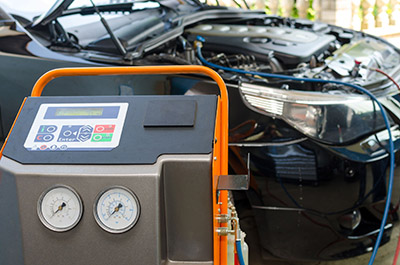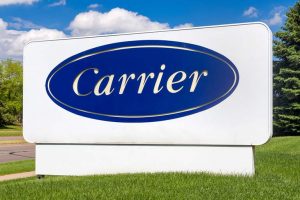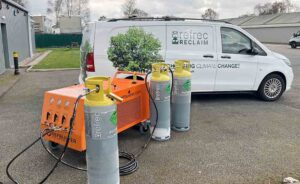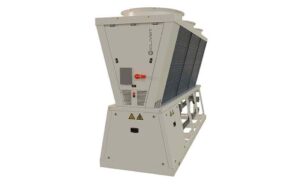Insurer warns of flammable liability
28th April 2014 AUSTRALIA: Vehicle workshops in Australia have been warned that using hydrocarbon refrigerants in vehicle air conditioning systems could leave them liable if any damage to a vehicle is caused by their use.
AUSTRALIA: Vehicle workshops in Australia have been warned that using hydrocarbon refrigerants in vehicle air conditioning systems could leave them liable if any damage to a vehicle is caused by their use.
In response to enquiries made by VASA, the association representing garages and professional mechanics in Australasia, AAMI, one of Australia’s leading car and home Insurance providers has confirmed that an insurer might seek to recover losses for any damages caused by a hydrocarbon refrigerant in the event of an accident.
“If there is an accident/incident involving a car this hydrocarbon refrigerant has been installed in, and some of the damage is directly attributed to the workmanship of the installer, then an insurer, while covering the car owner, may seek to recoup losses from the installer/tradesman,” Reuben Aitchison AAMI’s corporate affairs manager for personal insurance told VASA.
VASA points out that highly flammable gases flowing around the hot engine compartment of a car could easily catch fire or explode if components were ruptured during an impact – and that such a fire or explosion would be far less likely were a non-flammable refrigerant used.
As Queensland is the only state in Australia which really outlaws the use of hydrocarbon refrigerants in systems not designed or adapted for them, vehicle owners across most parts of Australia remain covered while hydrocarbons are in their vehicle’s air-conditioning.
“The answer to this depends on the legal status of the hydrocarbon refrigerants,” said Aitchison. “If it can be used legally for auto air condition systems, then the insurance cover is unaffected.”
But it is less clear what happens if an interstate vehicle crosses the border into Queensland.
From a workshops point of view, Aitchison warned that “there may be commercial insurance safety/risk management for workshops if flammable materials are being used onsite that weren’t before”.
Declaring an intention to work with flammables to an insurer could cause premiums to increase due to the increased risk.
VASA explains that one of the issues surrounding hydrocarbon refrigerants in Australia is the lack of any licensing requirements, making car air conditioning a tempting proposition for anyone wanting to make a quick buck by starting up a quick and cheap re-gas service.
While the association regrets that a quick top-up with hydrocarbons is legal in most Australian states and territories, anybody who recovers or removes fluorocarbon refrigerant (such as R134a) from an air-conditioning system in order to replace it with hydrocarbons, must hold Restricted Refrigerant Recoverers Transitional Licence at the very least – otherwise they are committing a criminal offence.







